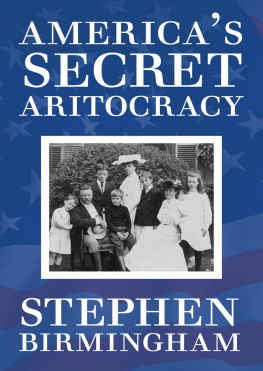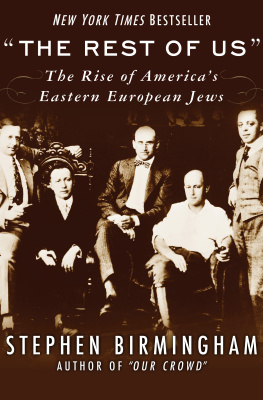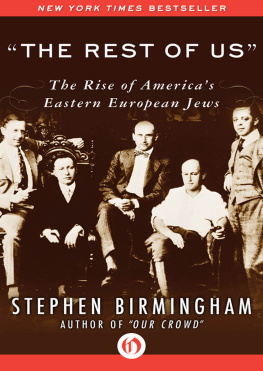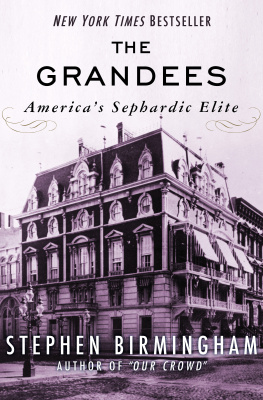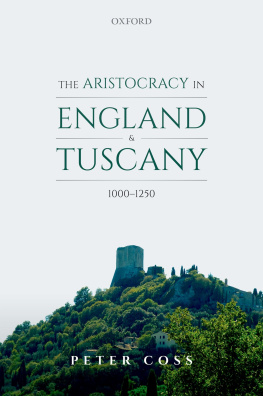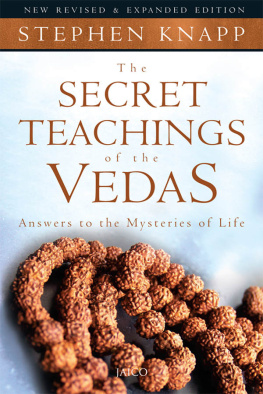Telling Them Apart
Whenever you hear an American speak of a terrace rather than a patio, of a house rather than a home or an apartment, of a sofa rather than a davenport or couch, of curtains rather than drapes, of guests for dinner rather than company, of a long dress rather than a formal, of a dinner jacket rather than a tuxedo, and of underwear rather than lingerie, chances are you are in the presence of a member of the American upper class. Upper-class Americans use the toilet, not the lavatory or the commode or the facilities or the loo or the little boys room. Upper-class Americans go to boarding schools, not prep schools, where they earn grades, not marks. Upper-class Americans are either rich (not wealthy) or poor (not less well-off), and the prices they pay for things are either high (not expensive) or cheap (not inexpensive). Upper-class Americans say Hello, not Pleased to meet you, and What? not Pardon me? Upper-class American women do not have bosoms. They have breasts, or even tits when they are among their own kind, when other vulgarisms frequently emerge. The familiar four-letter word for sexual intercourse is a perfectly acceptable upper-class expression.
Brevity, simplicity, and the avoidance of euphemism are the chief hallmarks of the upper-class American vocabulary. When an upper-class American feels sick, he says just that, and never I feel ill or I feel nauseous. Cuteness is anathema. Thus in an upper-class American house you would never find a den or a rumpus room or a family room, though you might find a library or a playroom. Upper-class Americans do not own bedroom suites or dining room suites or any other kind of suites, or suits. They own furniture, and if it is particularly good furniture, it is often simply called wood. Pretentiousness is similarly shunned. Thus to an upper-class American a tomato is a tomayto, not a tomahto. Upper-class Americans write R.S.V.P. on the corners of their invitations, never The favor of a reply is requested. Upper-class Americans give and go to parties, never to affairs, and if the affair being talked about is of the romantic variety, it is always, specifically, a love affair.
But, most important, the American upper class never talks about the upper class, or about any other sort of class, for that matter. Partly this is a question of delicacy and taste. It is simply not upper class to talk about class. Also, in a constitutionally classless society where an upper class has managed to emerge anyway, there is a feeling among members of the upper class that they are a somewhat illicit entity, a possibly endangered species. If one were to go about boasting of being upper class, who knows what sort of angry mob from below might rise up and challenge the precious barricades? So you will never hear a member of the upper class talk of the right people, or nice people, or even the people we know. Instead it will be our friends, or, more often, our family and friends. This way, the polite illusion is created that the American aristocracy is a private, even secret, club, whose members all know each other and whose rules are observed without ever having to be written down or otherwise made public. Most frequently, when the American aristocracy speaks of itself in a general sense, it is in terms of people, as in, What will people say? And if a member of the upper class behavesas can happenin a non-upper-class way, the reaction is People just dont do that!
In an upwardly mobile society, in which nearly everybody dreams of elevating himself to a higher social or economic stratum, there are some rules of upper-class behavior that are easy to learn. For example, when upper-class women swim, they do the Australian crawl, never the breaststroke or backstroke. It is easy to remember that the finger bowl has no function whatsoevercertainly not to dabble ones fingers inand is to be removed, with the doily, and set at the upper left of ones plate, after which the dessert spoon and fork are to be removed from the service plate and placed on either side of it. It is easy to remember that it is acceptable to eat asparagus with ones fingers (if no tongs have been provided), while it is not acceptable to pick up the chop or the chicken leg in the same manner, unless one is dining en famille. It is never proper to squeeze the juice from a grapefruit half into a spoon.
But there are other more subtle, arcane codes by which members of the American aristocracy recognize each other and send signals to each other and that are more difficult to learnwhich, it might be added, is the whole unwritten point of there being such codes. In addition to language and vocabulary, recognition is by name and by the association of name with place. Thus one should be able to remember that Ingersolls and Cadwaladers and Chews and some Morrises are from Philadelphia, while other Morrises are from New York and New Jersey, and so when meeting a Morris it is important to find out which family he or she represents. Livingstons, Jays, Bownes, Lawrences, Schieffelins, Iselins, Schuylers, and Fishes are from New York, while Otises, Saltonstalls, and Gardners are from Boston. Gardiners are from New York. Hoppins and Browns are from Providence, Pringles and Pinckneys are from Charleston, Des Loges are from St. Louis, Stumpfs are pre-oil Texas, and Chandlers are Los Angeles.
Over the past generation, Americas upper-class boarding schools and colleges have become thoroughly democratized, but members of the upper class can still send signals to one another by the way they designate their schools. An upper-class Yale alumnus, for example, would never say that he had graduated from Yale. He would say that he had studied at New Haven. Following is a list of other upper-class schools and colleges, with their special upper-class designations:
Actual Name The Taft School The Hotchkiss School St. Marks School St. Pauls School Miss Porters School The Foxcroft School The Ethel Walker School ChoateRosemary Hall School Smith College Vassar College | Upper-class Designation Watertown Lakeville Southborough Concord Farmington Virginia Simsbury Wallingford Northampton Poughkeepsie |
But even more important and difficult than remembering names and their ancient associations with cities is mastering the American upper-class accent. Just as in England, where class is defined by accent, the American aristocracy has developed an accent peculiar to itself. It is a curious hybrid derived, in part, from the flat vowel sounds of New England, as well as from the New York accent that is sometimes described as Brooklynese, with random borrowings from the drawl of the antebellum South. From the South comes a tendency to drop final consonantsas in somethin or anythinor to elide initial letters in words such as them, which makes a statement such as I cant think of anything to give them sound very much like I cahnt think o anythin to give em. Final rs are also dropped, whereby paper comes out papuh, and rear is reah. Interior rs are elided as well, so that apart becomes apaht, and


